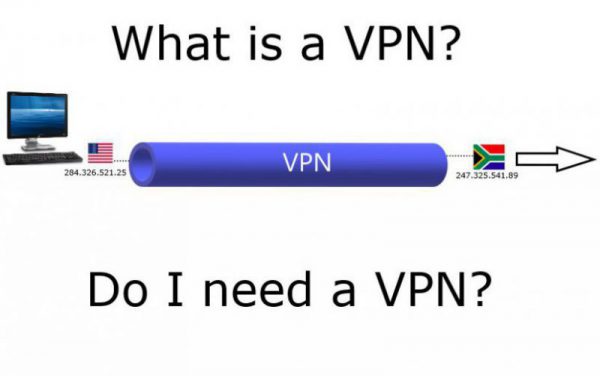What is a VPN? Do I need one?
VPN stands for ‘Virtual Private Network’ and is away to encrypt, or secure, your data. This keep it safe whilst adding a privacy layer protecting your identity. VPNs were developed for companies and other relevant parties that needed to protect their sensitive information. Data sent over a public and/or private network risks being intercepted so a secure route is needed.
The question of ‘What is a VPN’ and ‘Do I need a VPN’ is an often asked question. This brief blog will give a non technical overview of purpose and benefits.
Why use a VPN?
Almost weekly a news story reports on emails getting hacked, identities stolen or privacy exploited. Unfortunately this type of crime has and will continue to increase and impacts both individuals and companies . Because of this, the importance to securing devices must be as important as securing physical assets like properties.
Anybody who has, or knows someone that has had their identity stolen, also knows the long term implications. This can be both financial and mentally damaging. Identity theft can take weeks to decades to recover from. Because of this the result can cause companies to fail and close their doors for good.
What can be done?
So with the known threat the question must be ‘What can be done to protect data privacy against cyber-criminals?’
There are a number of protective measures like including Anti-Virus, Cyber Security Software, and also use VPN.
Running a VPN being one of the best steps you can take to secure yourself online. Reason being, VPNs encrypts the data requests you make passing it securely to and from the end target.
How Does a VPN Work?
Normally, a computer accesses the internet directly via the ISP (internet service provider). These connections are rarely secured and because of this and data passing to and from a device are easily traced. As an analogy; When a car drives from location A to B the number plate can be seen by, CCTV cameras, other drivers, number plate recognition systems etc. Therefore, if location A is your device and location B is your destination, with the car representing data requests. This example shows that there are tools to, identify you, track you, gain understanding of your browsing habits, intercept your data.
Taking the above analogy; A VPN would create a tunnel from point A to point B with no CCTV, other drivers, recognition systems. Another benefit being it changes the number plate when you reached the destination so point B could not identify you. Bringing that back to the world of internet. Your data is secured through a secure direct link to the end point and your unique IP address would have changed when it reached the destination. This change in IP address could mean you are based in the US but when point B receives your web request or connection the IP address is one from Australia. Thus far removed from your original and true location.
What are the benefits of a VPN?
The benefit here are not only is data kept safe, your location is masked by changing where you’re located to where the server is, thus not your true home or office.
A VPN gives the confidence in using the public internet at hotels, coffee shops or hotspots in that login credentials or websites being visited can’t be intercepted by a cyber-criminal.
If you logon to any public network or deal with sensitive or private data a VPN is an excellent addition to your cyber security protection management.
Datplan has been providing cyber security, fraud detection and data analysis services for over 20 years in the finance and insurance sector.


